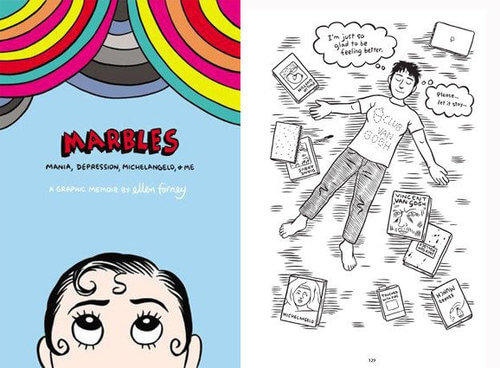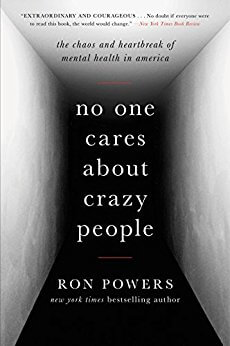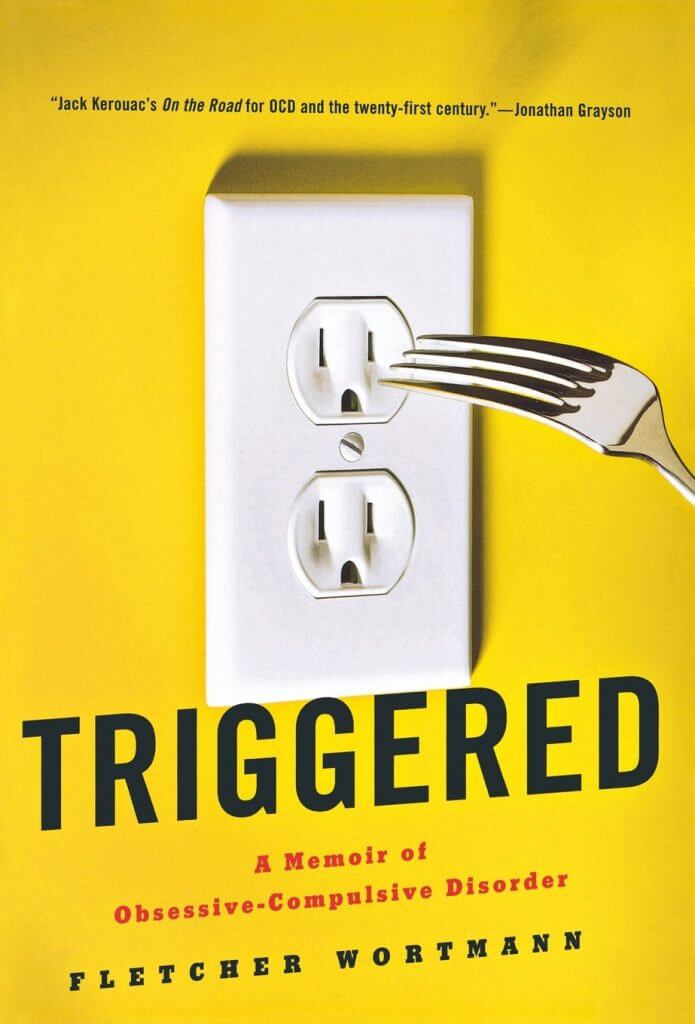Myth: Mental health is just a term for crazy people who are violent and unpredictable.
Fact: The vast majority of people with mental health problems are no more likely to be violent than anyone else. Most people with mental illness are not violent and only 3% – 5% of violent acts can be attributed to individuals living with a serious mental illness. In fact, people with severe mental illnesses are over 10 times more likely to be victims of violent crime than the general population. You probably know someone with a mental health problem and don’t even realize it, because many people with mental health problems are highly active and productive members of our communities.
Myth: Mental health should only be focused on during Mental Health Awareness Month in May. That’s good enough, right?
Fact: No. We need to keep the dialogue going beyond this month, and continue to educate ourselves and those around us about mental health (especially in the face of changing healthcare coverage in America).
*Read more Mental Health Myths & Facts here.
The first misconception is that mental health, in and of itself, is a bad thing. Mental health includes our emotional, psychological and social well-being. We all experience various forms of mental health, and it’s only when you add terms such as “illness”, “problem” or “disorder” to the end of that phrase, that your awareness is shifted from well-being to something that needs to be fixed (or is beyond fixing).
It’s 2017, so we have apps for that (tread carefully, some might cause more harm than good), Netflix documentaries and shows (looking at you, 13 Reasons Why…) and celebrities using social media platforms to share their stories (read this article about the “Heads Together” campaign that Prince Harry and the Duke/Duchess of Cambridge have spearheaded this past year).
Yet with all of these resources and more, it can still feel overwhelming — both to struggle with a mental illness, or be a person of support to those who are affected.
MentalHealth.gov has some excellent resources available on their website, from defining mental health to providing resources for those who struggle with a disorder. I could go on, but it’s absolutely worth taking a look at the information they provide, whether you suffer from a mental health disorder or want to help an individual or the larger community, and beyond.
In addition to online resources, here are a few books from our catalog that focus on mental health:
Marbles: Mania, Depression, Michelangelo, and Me: A Graphic Memoir

Cartoonist Ellen Forney explores the relationship between “crazy” and “creative” in this graphic memoir of her bipolar disorder, woven with stories of famous bipolar artists and writers.
Shortly before her thirtieth birthday, Forney was diagnosed with bipolar disorder. Flagrantly manic and terrified that medications would cause her to lose creativity, she began a years-long struggle to find mental stability while retaining her passions and creativity.
Searching to make sense of the popular concept of the crazy artist, she finds inspiration from the lives and work of other artists and writers who suffered from mood disorders, including Vincent van Gogh, Georgia O’Keeffe, William Styron and Sylvia Plath. She also researches the clinical aspects of bipolar disorder, including the strengths and limitations of various treatments and medications, and what studies tell us about the conundrum of attempting to “cure” an otherwise brilliant mind.
Darkly funny and intensely personal, Forney’s memoir provides a visceral glimpse into the effects of a mood disorder on an artist’s work, as she shares her own story through bold black-and-white images and evocative prose.
No One Cares About Crazy People : The Chaos and Heartbreak of Mental Health in America

New York Times-bestselling author Ron Powers offers a searching, richly researched narrative of the social history of mental illness in America paired with the deeply personal story of his two sons’ battles with schizophrenia. From the centuries of torture of “lunatiks” at Bedlam Asylum to the infamous eugenics era to the follies of the anti-psychiatry movement to the current landscape in which too many families struggle alone to manage afflicted love ones, Powers limns our fears and myths about mental illness and the fractured public policies that have resulted from those fears. Braided with that history is the moving story of Powers’s beloved son Kevin — spirited, endearing and gifted — who triumphed even while suffering from schizophrenia until finally he did not, and the story of his courageous surviving son Dean, who is also schizophrenic. A blend of history, biography, memoir and current affairs ending with a consideration of where we might go from here, this is a thought-provoking look at a dreaded illness that has long been misunderstood.
Triggered : A Memoir of Obsessive-Compulsive Disorder

Imagine the worst thing in the world. Picture it. Construct it, carefully and deliberately in your mind. Be careful not to omit anything. Imagine it happening to you, to the people you love. Imagine the worst thing in the world. Now try not to think about it. This is what it is like for Fletcher Wortmann. In his brilliant memoir, the author takes us on an intimate journey across the psychological landscape of OCD, known as the “doubting disorder,” as populated by God, girls and apocalyptic nightmares. Wortmann unflinchingly reveals the elaborate series of psychological rituals he constructs as “preventative measures” to ward off the end times, as well as his learning to cope with intrusive thoughts through Clockwork Orange-like “trigger” therapy.
And just for good measure, here’s a few websites with more useful information:
- Mental Health America – Mental Health May
- Find a Therapist, Psychologist, Counselor
- WHO – 10 Facts on Mental Health
- Huffington Post – 11 Books That Will Change Your Perspective on Mental Illness
Fight the Stigma
Educate Yourself on Mental Health!
